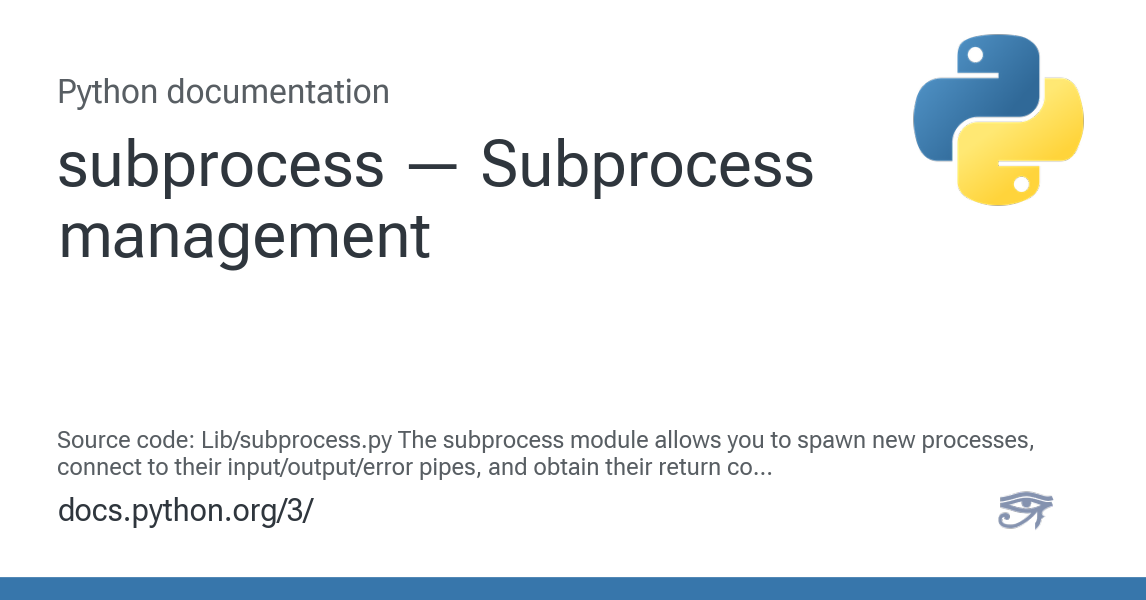hi...
can someone point me to where/how i would go about calling a ruby app from a
python app, and having the python app being able to get a returned value
from the ruby script.
something like
test.py
a = os.exec(testrub y.rb)
testruby.py
foo = 9
return foo
i know this doesn't work... but i've been searching for hours on this with
no luck.... (and yeah, i'm relatively new to both ruby/python!!)
thanks
can someone point me to where/how i would go about calling a ruby app from a
python app, and having the python app being able to get a returned value
from the ruby script.
something like
test.py
a = os.exec(testrub y.rb)
testruby.py
foo = 9
return foo
i know this doesn't work... but i've been searching for hours on this with
no luck.... (and yeah, i'm relatively new to both ruby/python!!)
thanks


Comment